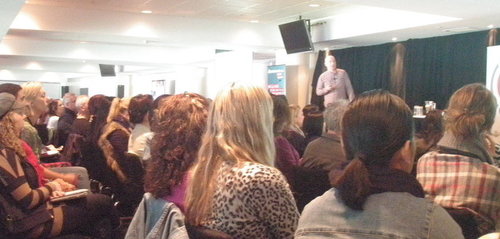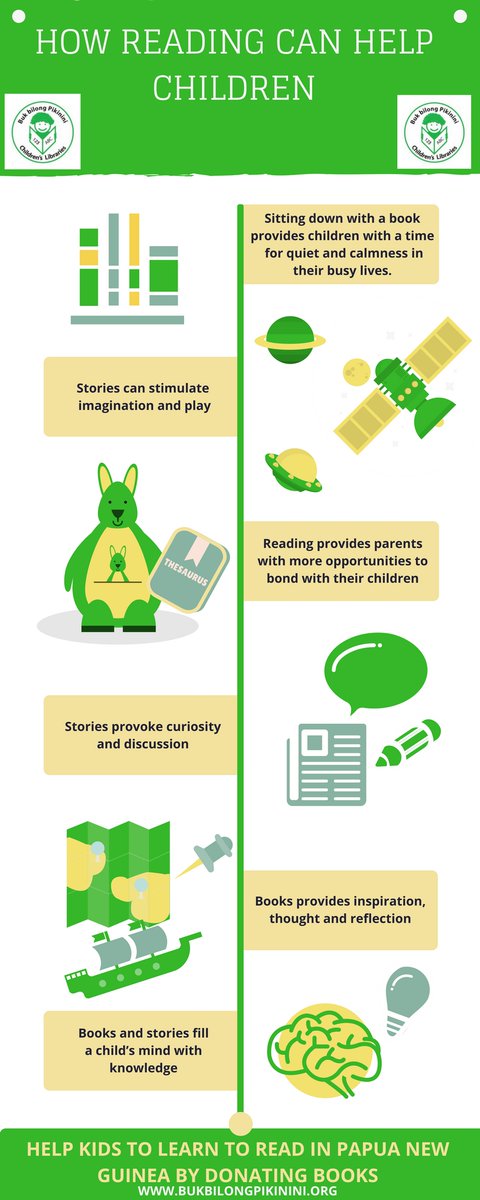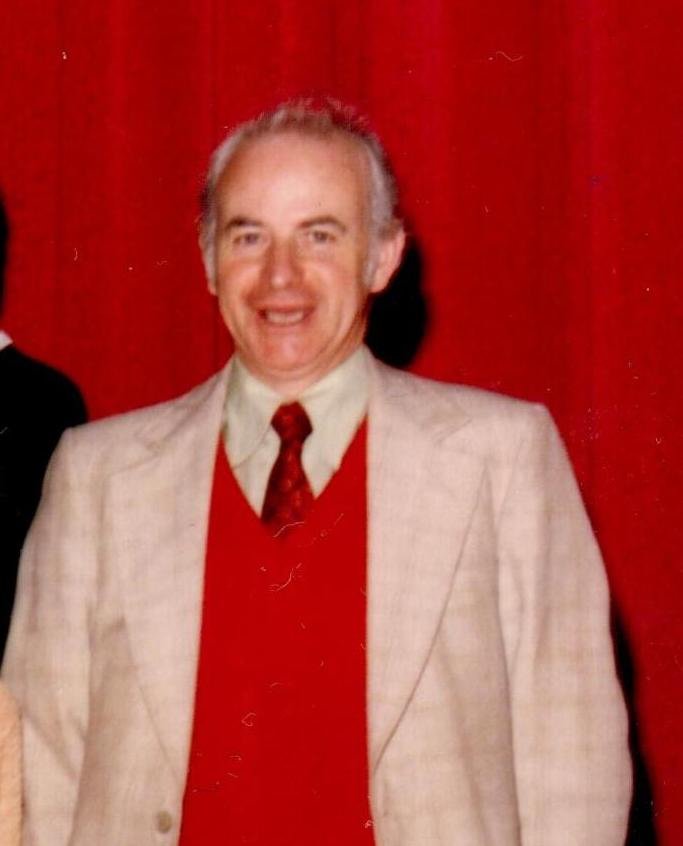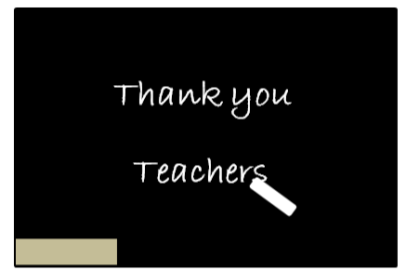I hope you find my writing and business tips and observations useful. My business and blog are dedicated to helping businesses communicate clearly and reach their potential.
Read, subscribe to my newsletter, enjoy!Tash
Why support children learning to read?
I came across this great infographic outlining why children need to be able to read.
As well as being a good message in itself, the infographic also supports Buk Bilong Piknini (a charitable organisation funding books and reading programs for children in Papua New Guinea).
What do you think – why is it important we encourage children to learn to read, and then read some more?
I would also encourage everyone to help ensure our children are literate – whether by donating to groups such as Buk Bilong Pikinini, helping at schools or giving books as gifts, every bit helps.
Helping children learn to read
I frequently help at my children’s school by listening to children (usually not my own!) read and helping them build the skills of sounding out new words, ensuring the words make sense and getting a full understanding of what they are reading.
Why do I (and many others) help these children?
- learning to read opens many opportunities for children – through learning, ideas and comprehension
- the sooner they learn to read, the easier other aspects of school become – delayed reading can limit other learning and become a downward spiral for education
- I love reading – books give me pleasure, ideas, an escape and relaxation – and I hope to share that pleasure with children
- all the children benefit by their classmates being able to read – teachers can concentrate on contact rather than reading if all students can read competently (for their age) and each child can contribute more ideas and experiences if they are well read
- seeing me place an importance of everyone being able to read, encourages all the children to value reading
- seeing people volunteer to help at school also teaches children about community spirit, generosity and being able to make positive change in small ways
What have you done to help children (or adults for that matter) learn to read and enjoy reading?
Celebrating fantastic teachers of my past
Do you often think how important teachers can be?
I just read a post from Mummy Smiles that is basically a letter to a teacher she appreciates for the impact he made on her life. It’s a lovely idea to reflect and thank those who made a difference as part of World Teachers Day 2012 (which I have since discovered was on 5 October, but that doesn’t change the sentiments of my post!).
It got me thinking about some of my great teachers – and I’m sticking to the formal definition of teacher for now as distinct from other people who have taught me things along the way.
Inspiring biology teacher
First to mind is my year 12 biology teacher, Mrs Bennett. I loved how she knew her stuff well enough to not need notes – she just stood at the front and spoke to us about whatever topic we were studying. It really stood out to me that she did that, and could answer random questions thrown at her, whereas most other teachers worked more closely to their class plan.
The fact she just spoke and I could take notes in my own style (rather than copy whan was written on the board) was something I enjoyed and value.
- I like freedom so choosing what to note suited my style
- It was great training for uni the next year – and subsequent seminars and conferences I’ve been for that matter. She gave us a real life skill.
- I learn more by having to figure out what’s important enough to jot down when listening to new information – scribing someone else’s words doesn’t have the same impact. So her style probably helped me get a great final score for biology (don’t ask what I got because I can’t remember! It was certainly above 85% anyway)
As many students didn’t grab the opportunity as I did, Mrs Bennett finished each discussion with a set of notes on the board for people to write down. I spent that time, thinking about what she wrote or helping my less-science-minded friend understand the lesson – again, I love the fact she respected me to do that as she knew I had already taken notes and absorbed the topic.
Ahead of his time
My other favourite teacher was Mr Hughes (a coincidence of names that I loved at the time!) who taught me in grade 5.
Again, I think it was the respect he gave us and the ability to learn at our own pace that inspires me about this teacher.
He was probably the eldest teacher I had (and that’s not just a 10 year old’s version of old! He was definitely older than my parents and from looking at photos I would say he was in his late fifties when he taught me.) Yet he used so many techniques that I now see teachers using with my children.
For example, in maths, he used worksheets that he had prepared. He assigned us individually to a level in each maths topic (eg divisions, multiplication, measurement) and that’s the worksheet we started on. During class, we each worked at our own pace to complete the relevant sheet – if we finished, we simply moved onto the next level. Mr Hughes walked around helping as required and checking our work.
That means of teaching was unheard of in our school and from any of my friends.
Yet it gave us all a chance to learn – the smart kids were challenged, the struggling kids were supported and no one was judged or felt inadequate (or superior for that matter).
Mr Hughes also gave me my first school report – he taught us how to create our own total marks by compiling our test and project results. It was fascinating to see the impact of each result on the total and made the transition to formal reports in secondary school much easier.
My eldest daughter got her first school report as a prep student; her younger sister got a report in kinder! That is 7 and 8 years respectively earlier than I got my first formal school report!
My children are often put into groups at school to work at different academic levels.
Mr Hughes taught me a lot and was definitely ahead of his time with his methods. He benefitted me and I wonder how much he influenced some of the following educational changes?
No English teachers?
It would be nice to say I am a writer now because of my English teachers.
But I’d be lying.
That’s not to say my English teachers were poor teachers, not at all, but none of them were as inspiring as Mrs Bennett and Mr Hughes. And no one ever encouraged me to think of my writing as a skill while I was at school.
I got good marks in English and found writing essays and the like easier than many of my class mates, which all makes sense now! But English was just seen as a means to an end, not as something to follow for its own sake, in my school experiences. It’s a pity really, but I gained other skills and knowledge in doing a science degree instead.
With gratitude…
I say thank you to all my teachers for what they have taught me and their efforts (I know teachers do more than sit in a classroom all day). Even the teachers I resent (and that’s a different story altogether) taught me things.
For Mrs Bennett, Mr Hughes and the other teachers who gave me great moments of insight and development, I am truly grateful.
What teachers are you grateful for?
Do you value your life teachers differently to your formal education teachers?
Bloggers together have power
Today is Blog Action Day 2012 (BAD12). That means over the next 24 or so hours many bloggers will be publishing a post about the power of we, showing that diverse people can come together to make a difference.
For me, the timing makes this post easy – I just spent most of the weekend with 3oo fantastic people at the problogger event so have a better sense of the power of we within blogging.
The power of we at a conference?
At one level, we were just a group of people sitting in the same room listening the same speakers.
But it was way more than that.
People were talking, mingling and supporting each other – not just for those 48 hours but building relationships that can move us forward in the days and months to come. The organisers and speakers not only encouraged us to mingle (one speaker, I think it was James Tuckerman of Anthill, told anyone sitting next to a person they came to pbevent with to sit somewhere else in the next session) but had made it easy to do so with generous breaks between sessions and a cocktail party on Friday night.
Amongst many other topics, we discussed payment for our work, such as being paid by a brand to promote them within our blogs. While there was an understanding that someone with more traffic and influence can probably charge more than a new blogger, there was a consensus that bloggers should bot accept free or very cheap ‘work’.
The point was that we all deserve to have our time recognised and paid for. And by accepting lower rates we can cheapen the work and efforts of other bloggers as well.
It’s also one reason I hate those content mills where people can buy webcopy, blog posts, articles, etc for a fraction of the price professionals like me charge – it makes it harder for us to earn decent pay rates for our time and expertise if clients think they can get it done much cheaper (especially those clients who don’t understand how to judge quality writing).
Working together and setting some industry standards helps all bloggers and writers.
Discussing those standards at PB Event gave us not only a framework but the confidence to stick to it for a reason beyond ourselves.
The power of we at work.
What we can achieve
Leading up the PB Event, problogger (Darren Rowse) himself set a challenge.
If we could fundraise $240, he would attend the final session on Friday in a school dress. A few more targets were added when the $240 was reached in one donation, with the final level being $2,400.
It was fun, but the point was to raise money to help girls in Sierra Leone go to school – $240 sends one girl to school for a year.
I was sick to the stomach to find out a girl is more likely to be sexually assaulted than go to school in Sierra Leone.
Think about what that means. It’s awful.
I’m pleased to be part of PB event where we raised enough to send 10 girls to school.
It isn’t enough, but it is a start and shows we care. Sending 10 girls to school will make a difference to them, their families and presumably their communities.
Darren challenged us to all do the same, to see how much money 300 bloggers’ communities could raise, how many more girls go to school.
Given it is blog action day, I wonder what would happen if all bloggers around the world tried raising some money by doing it in a dress – could we get every girl in Sierra Leone to school?
Could we make it so school is more likely than assault for a nation of girls?
The power of we is strong. Let’s use it for good.
A new way to get creative!
We’re all creative, it just gets a bit lost under all the stuff we have to do as adults.
I think it’s sad that so many people say “Oh, I’m not creative – can’t draw a thing”. Creativity isn’t about being able to draw (well, not exclusively about being able to draw!) and certainly isn’t about doing things to some external standard (who’s to say the drawing I made for fun or to capture a memory isn’t any good? It may not sell for millions or get an art critic’s approval, but that doesn’t mean it’s no good for me.)
Creative just means being able to think in different ways. It’s useful for problem solving, innovation and having fun as well as for creative pursuits such as drawing, writing music and knitting a jumper.
I even think you need to be creative to write well for business materials – it’s not just fiction writers who use words and ideas creatively.
So I believe in doing things to encourage creativity – I try for myself and my children.
And I could write heaps more on developing creativity!
Song writing makes you creative
Yesterday, I had lunch with my young children and somehow we got onto rhymes and songs. As you do with two and three-year olds!
My son then challenged us to write songs. With rhymes. On topics he chose.
All while thinking of a tune to put the words with.
It wasn’t easy – and my songs wouldn’t win any awards or go platinum, but it was fun.
It also woke me up and I returned to my computer fresher and with great ideas. Getting creative sparked my brain into being more creative.
Try writing songs for yourself…
You don’t have to have a three-year old urging you – just spend five minutes writing some songs. And singing them, of course!
 Some of the topics I was given yesterday were…
Some of the topics I was given yesterday were…
- doctors and the sick people
- cows eating grass
- potatoes eating yoghurt, potatoes eating carrots
- a cat with sticky tape
At worst, you’ll have a laugh and a change of pace. At best, you’ll be more creative and think of new ways to use words.
Feel free to share some of your lyrics in the comments, too, to give us all a giggle and some inspiration!
Are you brave enough to run this as an activity with your business team?





Recent Comments